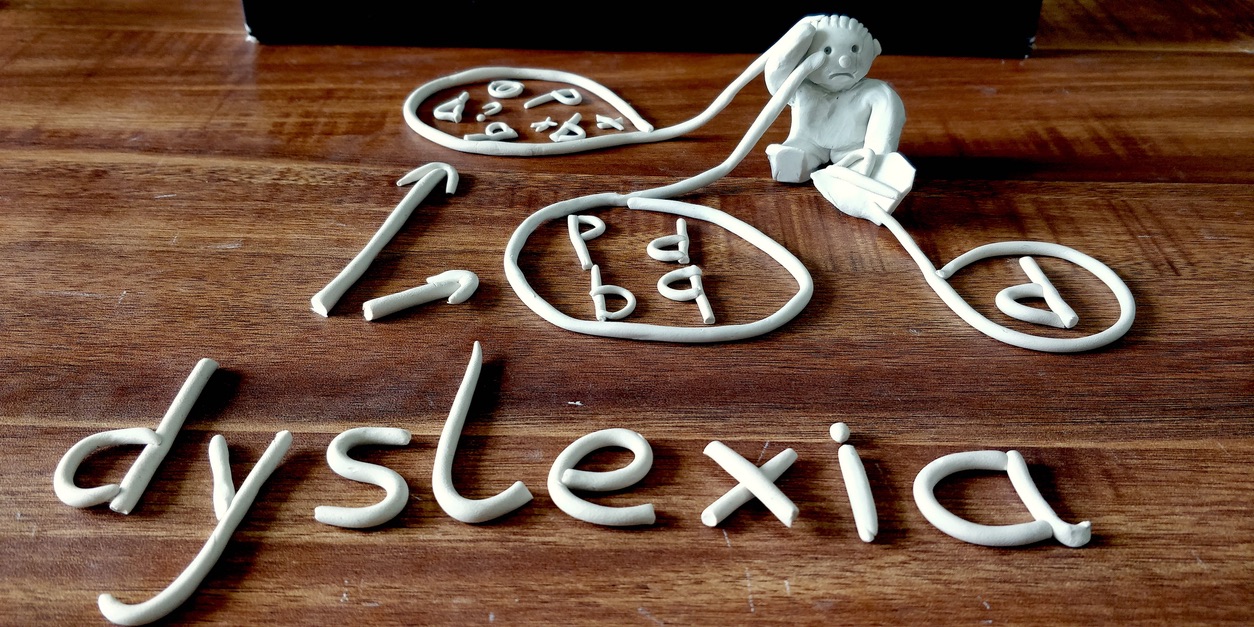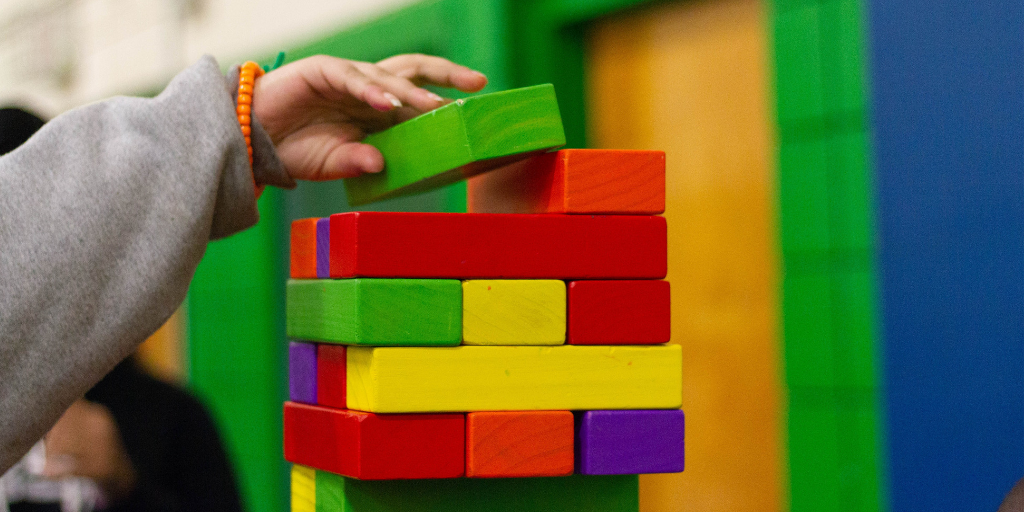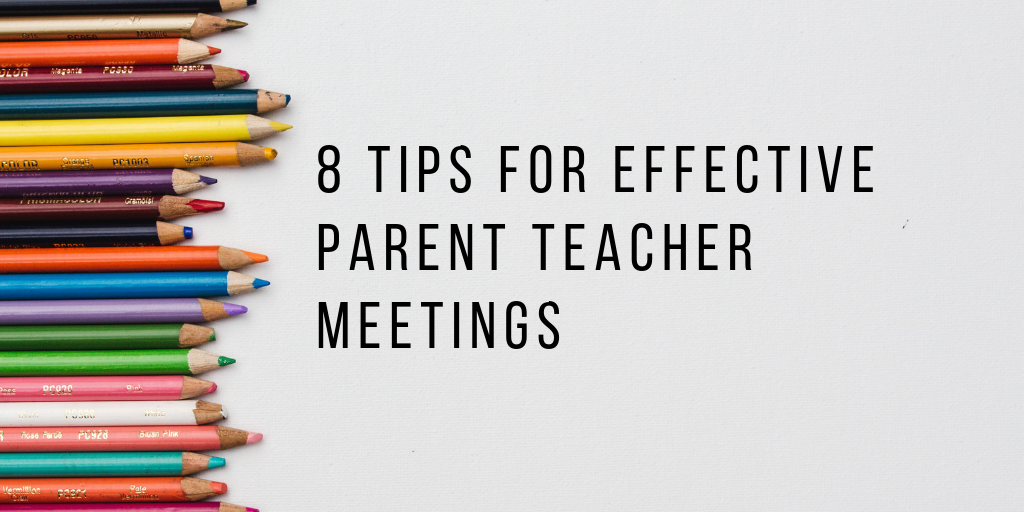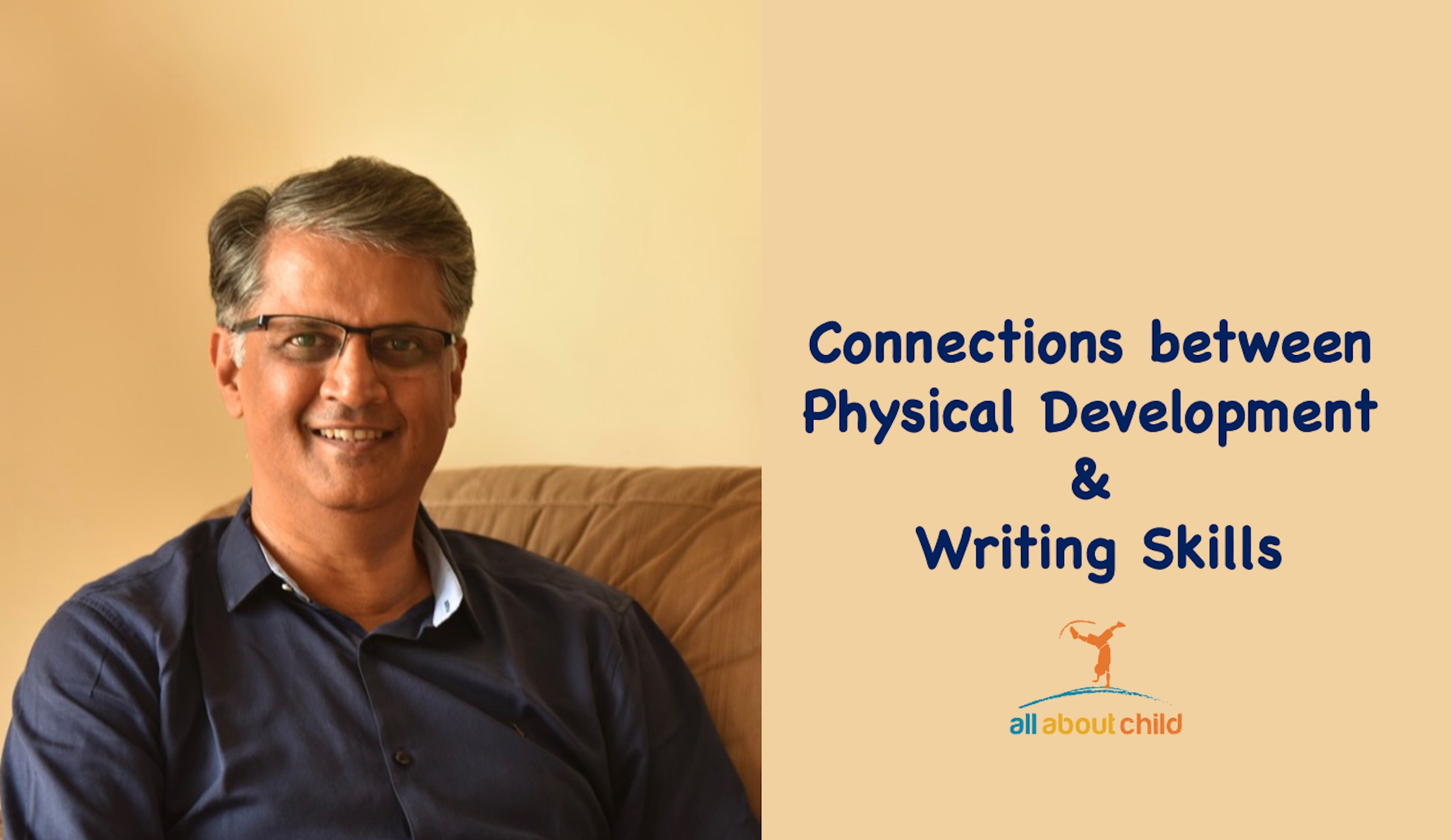Who does not want to raise their children happily? All of us want our children to grow up to be loved and to love. We all want our children to chase their dreams and find their success paths. We want to see them happy. The key question here is, how much can we as parents have control over the child’s happiness? What is it that, parents can contribute to the happiness of their children?
The answer is simple and straightforward! The role of the parent is to create an enabling environment at home for the child to grow as a happy child. Parents must constantly model good behaviour in their interactions with other adults at home. Let’s remember that children are constantly learning from the adults around them and their surroundings. There is abundant research to prove that happy children are a product of happy and optimistic homes.
Easier said than done. Let’s explore some simple but important steps that parents can take to create that enabling environment where the child is raised happily.
Emotional connect/ engagement:
Helping the child to connect emotionally with family members, neighbours, friends or even pets at home. This was easy in the days when children grew up in joint (and large) families. Children had no electronic gadgets but had to go out and play in the streets. This enabled the child to emotionally connect with people of all ages, make mistakes, learn and grow. This is a challenge in nuclear families with dual career parents. There were no pre-arranged play dates.
Parents should make sincere and constant efforts to ensure that the child stays connected with the extended family and let the child understand the relationships. Parents should take the child to common play areas regularly where connections with friends and their families can be made and encouraged. It’s not just the quality, but also the quantity of the bonds: the more connections the child makes, the better it is.
Parents should hold and give warm hugs to the children as much as possible, respond with empathy to their cries, read aloud to them, eat, snuggle and laugh together. The surest way to promote the child’s lifelong emotional well-being is to help the child feel connected. “Emotional connections are the most important contributor to happiness*”
Making children happy should not be an event:
It is easy for parents to make children happy in the short run by giving in to everything the child desires or lays its eyes on. This can be dangerous and harms the children’s emotional well-being in the long run. When parents go out of their way in granting every wish and desire of the children, they grow up being self-centred and not knowing how the real world works. It is important for the children to learn to deal with “No’s”, negative emotions and failures, if not, there is a danger of being crushed by them as adolescents and adults.
Parents to be aware of their own happiness:
Parents cannot control the happiness of the children but they are definitely responsible for their own happiness. Parents should always remember that the children are constantly learning from people around them. Happy parents are likely to have happy children. “One of the best things the parents can do to their children’s emotional well-being is to attend to their own emotions*”
Allow children to fail:
Parents should know that in addition to complementing the child on the success it is equally important for the parent to provide ample opportunities for the children to build new skills. In the process of learning new skills, the children will fail. The challenge for the parents is to stand back and let the children learn from the failures. This process of watching the children fail is painful for the parents, but remember that the children will not taste the thrill of mastery unless the parents allow the children to risk failures. Very few skills are perfected on the first try. Through repetition, children develop “can-do attitude and this lets them face bigger challenges in the future”.
Giving responsibility:
Let the child know that as parents you are valuing their contributions. Acknowledge from an early age the contributions children make to the family. Children as young as three can play meaningful family roles e.g. laying table for a family meal, putting away their toys, bring clothes to the laundry etc. This develops independence and children gain a sense of self-worth. When parents acknowledge that the child is contributing to the family, it will heighten the child’s sense of connection and confidence, two prerequisites for lasting happiness.
Inculcate the value of gratitude:
Make it a habit to have at least one family meal together in a day. During the meal share one instance for which they have been thankful/grateful during the day. Lastly, parents should model “thank you” behaviour in their interactions with the children and other adults. This is one habit that will foster positive emotions and give a feel-good factor that can lead to lasting happiness.










